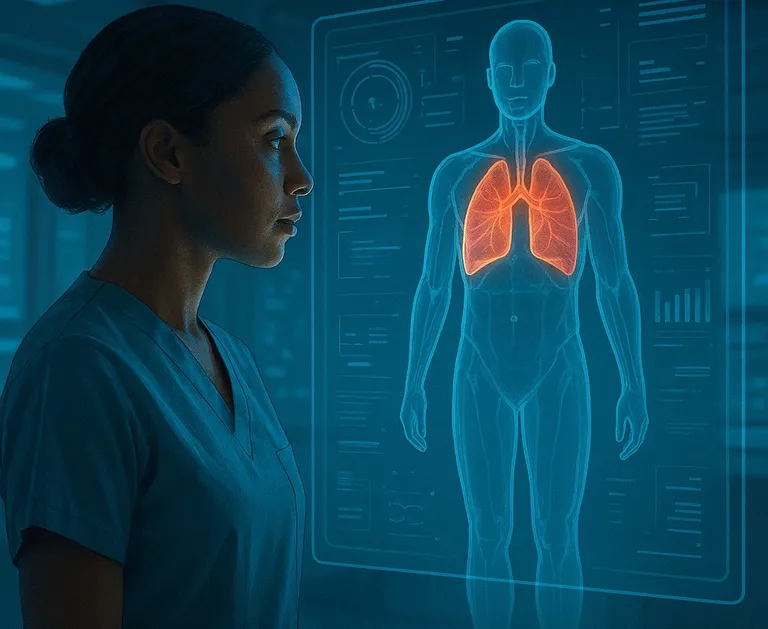💉 A New Hope: The First Lung Cancer Vaccine Enters Clinical Trials
In a historic leap for cancer research, scientists have officially launched the first clinical trial of a lung cancer vaccine — a potential game-changer in the fight against one of the deadliest forms of cancer in the world.
The trial, announced this week by researchers from the University of Oxford in partnership with the Lung Cancer Initiative at Johnson & Johnson, is targeting early-stage non-small cell lung cancer (NSCLC) — the most common form of the disease.
If successful, this vaccine could train the immune system to recognize and destroy cancer cells before they form aggressive tumors.
🔬 How the Vaccine Works
Unlike traditional vaccines that prevent infectious diseases, this cancer vaccine is therapeutic, meaning it's designed to stop cancer from returning in patients who’ve already been diagnosed or treated.
The vaccine uses neoantigens — tiny protein fragments found only on cancer cells — to stimulate an immune response. It teaches the body to recognize and eliminate mutated cancer cells, reducing recurrence risk after surgery or chemotherapy.
The current trial is a Phase 1 study, focusing on:
- Safety
- Dosage
- Immune response effectiveness
Participants are early-stage NSCLC patients who recently underwent surgery and are at high risk of relapse.
🧠 Why This Trial Matters
Lung cancer is the leading cause of cancer death worldwide, with a 5-year survival rate often below 20%. Early diagnosis helps — but recurrence is common and deadly.
A vaccine that reduces relapse could:
- Prolong survival
- Reduce the need for aggressive chemotherapy
- Shift the narrative from treatment to prevention
If this technology proves effective, it could pave the way for personalized cancer vaccines for other aggressive tumors like melanoma, pancreatic, or colorectal cancer.
🧠 Expert Take
Dr. Victoria Kunene, one of the lead researchers, said:
“This is not just a vaccine. It’s an immune re-education program — we’re giving the body a head start against its most elusive enemy.”
⏳ What Comes Next?
- Phase 1 trials will continue through 2025
- If successful, Phase 2 and 3 trials could begin by 2026
- Regulatory approval would follow — possibly within a decade, if all stages prove safe and effective
It’s a long road — but for many, it’s the first real step toward a future where lung cancer isn’t a death sentence.
Sources:
- University of Oxford Medical Sciences Division
- Johnson & Johnson Press Releases
- American Cancer Society
- ClinicalTrials.gov – Trial ID: NCT05852919



